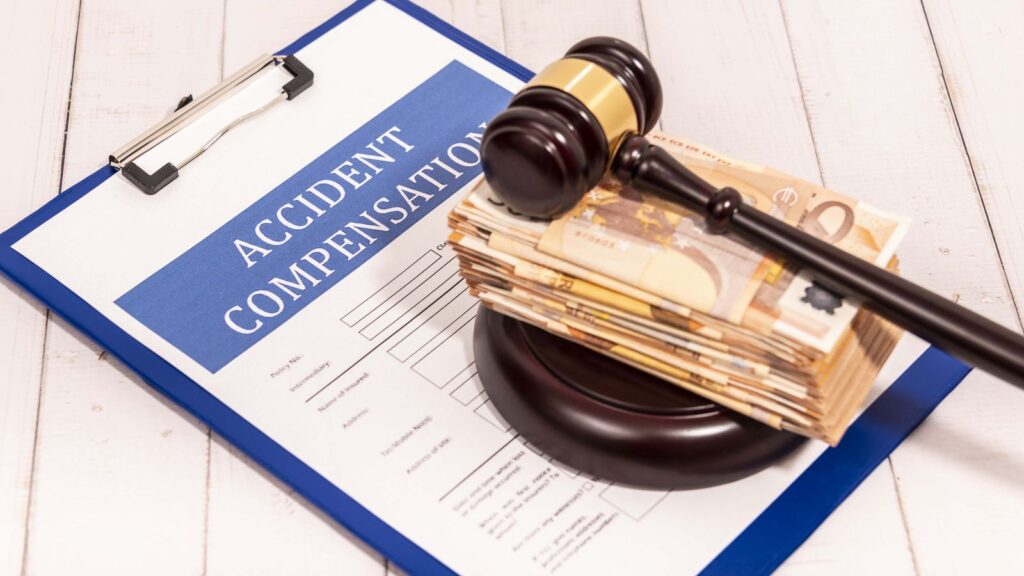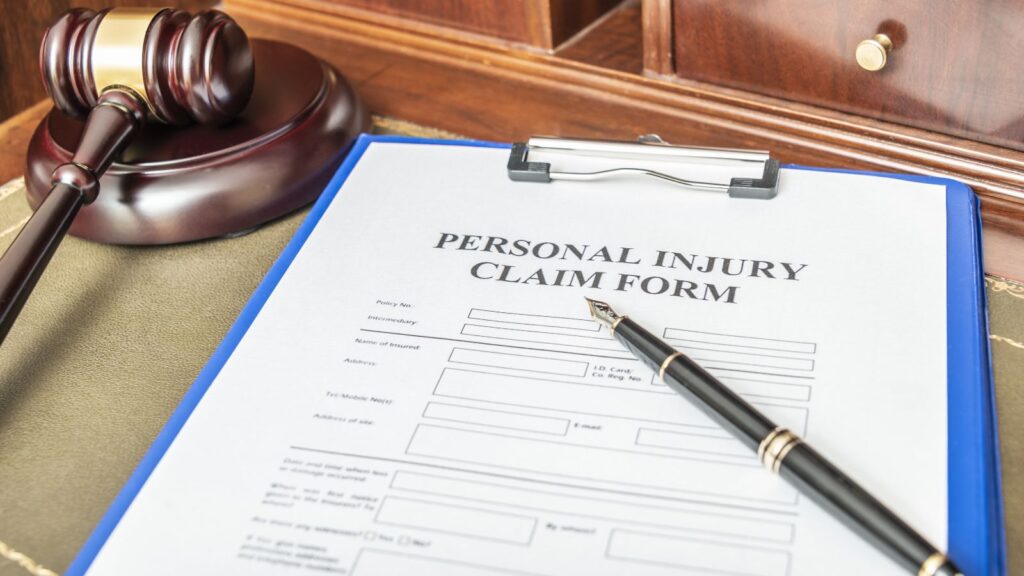Did you know that the success of your personal injury claim depends a lot on the personal injury law firm you choose? Personal injury cases are complicated, so having the right legal representation can help you get fair compensation. Approximately 39.5 million personal injury cases requiring medical care happen each year in the U.S. That’s about 126.3 cases per 1,000 people, according to onthemap.com.
According to a personal injury lawyer from law firm Freeman & Freeman, factors to take into account when selecting a legal firm include the firm’s reputation, success rate, experience, and personal injury expertise.
Let’s look at some steps you need to take when hiring a personal injury law firm.
Assess Experience and Expertise
The most important factor when choosing a personal injury law firm is experience and skills.
Personal injury lawyer Donald P. Day in Naples, Florida, suggests looking for a law firm that only handles personal injury cases. A firm that specializes in personal injury cases guarantees that the firm’s lawyers know all the laws, rules, and strategies that apply to similar claims like yours.
Law firms that have dealt with personal injury claims for a long time will likely have extensive knowledge of the field and can help maximize compensation.
Review Track Record of Success
Research a personal injury law firm’s performance record. Assess their performance by reviewing case outcomes, settlements, and jury verdicts. A solid track record demonstrates a firm’s capacity and perseverance in achieving client success.

Ask about their success rate. Lawyers with high case-winning rates are able to handle the complexities of the legal system.
A reputable law firm can boost your confidence and increase the chances that your claim will be successful.
Evaluate Client Communication
Effective communication should be considered when selecting a law firm. A firm’s responsiveness helps clients understand their case and legal rights. Communicative firms should keep you updated on your case.
A lawyer who is good at communicating will be able to simplify legal jargon associated with your case.
You can observe how a lawyer communicates during initial consultations. Ask the lawyer their preferred communication method. Emails are preferred by some law firms over phone calls or in-person meetings.
Choose a law firm that is responsive and uses the communication method that suits your style.
Understand Fee Structures
Inquire about a law firm’s payment structure to prevent surprises that could upset your legal expense budget.
Personal injury lawyers charge contingency fees, which are collected upon case success. Fees range from 25% to 40% of the settlement.
Check if filing and expert witness fees apply to your case. Some firms pay these fees in advance and deduct them from your final settlement. Some law firms treat these as distinct fees that you must pay for separately.
Clarify payment schedules. Knowing when you’ll owe fees will help you manage your finances during the process.
Compare a firm’s fees to their track record and case success rate to determine which qualified attorney best fits your budget.
Seek Client Testimonials and Reviews
Check the firm’s reputation. Does their reputation reflect ethics and professionalism? Client testimonials may reveal how a firm handles their cases.
Check the company’s website for testimonials first. You can gain more insights on how the firm deals with personal injury cases by reading about the cases of former clients.
Google and Yelp are good sources for unedited, customer-opinionated business reviews. Look closely at customer reviews regarding success, professionalism, or communication. Doing this helps you identify the firms’ strengths and weaknesses.
Request firm references. Talking to former customers will give you more information about the firm. Check if the reviews about the firm are updated. Keep in mind that a firm’s quality can change over time.
Follow your instincts. Avoid choosing a firm if you feel that something is “off.”
